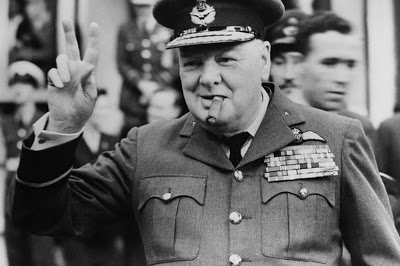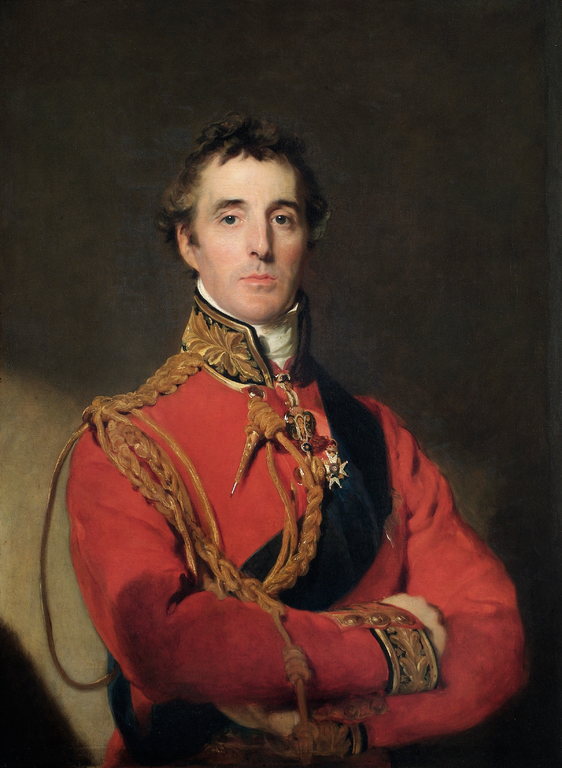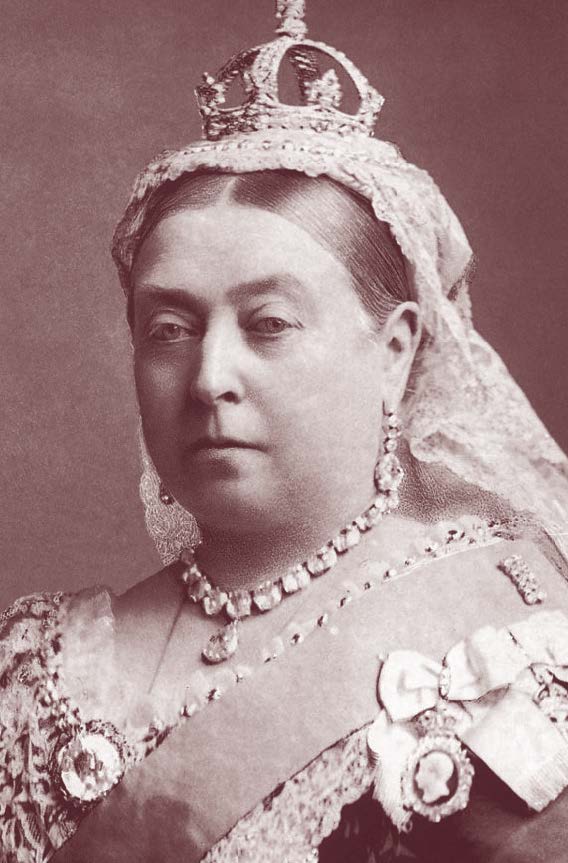On July 20 th 1969, Neil Armstrong and Edwin ‘Buzz’ Aldrin became the first humans to walk on the surface of the moon. This event was not in isolation. The Moon Landing was a culmination of a series of a events, decades of hard work and even political subterfuge, that was essentially a competition between two world superpowers – the US and the...
- Details
- Category: Fun Stuff!
One dark night, miserable silver-tongued Jack, who was full of mischief and trickery, ran into the Devil himself! The Devil told Jack that he had come for his soul, for all his evil deeds he had done over the years. Jack asked the Devil if they could go to the tavern for one last drink before they departed for hell. The Devil agreed, disguised...
- Details
- Category: Fun Stuff!
“ See a penny, pick it up, all day long you’ll have good luck. “ 23rd of May marks lucky penny day, but do you know why people think pennies are lucky? Well one theory is that ancient civilizations believed metals such as copper were gifts from the gods that would protect them from evil. Here are a few superstitions you may not know about...
- Details
- Category: Fun Stuff!
Here are 10 Churchill Facts you may not have known:
- Details
- Category: Interesting facts
Each year when December arrives the world has its many traditions, such decorating trees, hanging stockings, sending cards and much more! But where did it all begin? Why do we decorate trees? Eat mince pies? And sing carols? Below we talk about some of your most popular Christmas traditions and where they started…
- Details
- Category: Interesting facts
Wherever you go in the world you will find traditions associated with Christmas, from decorating trees and hanging stockings to sending cards and munching mince pies. We all have our favourite traditions. Here is part II of our Christmas Traditions blog, taking a closer look at the history behind some of the most popular things that we do at this...
- Details
- Category: Interesting facts
Wherever you go in the world you will find traditions associated with Christmas, from decorating trees and hanging stockings to sending cards and munching mince pies. We all have our favourite traditions. Here is part II of our Christmas Traditions blog, taking a closer look at the history behind some of the most popular things that we do at this...
- Details
- Category: Interesting facts
Gary Oldman is well known for his many roles in movies such as Tinker Tailor Soldier Spy, Harry Potter as well as Batman and many more. He recently took on his recent role as Britain’s legendary Prime Minister Sir Winston Churchill in the Oscar winning film ‘Darkest hour’. Sir Winston Churchill was one of the influential leaders that lead Britain...
- Details
- Category: Interesting facts
Today marks 250 years since the birth of the First Duke of Wellington, Arthur Wellesley . Known for his triumph over Napoleon in the Battle of Waterloo in 1815, he is considered a British Military Hero. But here are 10 things you may not have known about the First Duke of Wellington. Is today actually the Dukes Birthday? We don’t know exactly...
- Details
- Category: Interesting facts
Previously the longest reigning British monarch, Queen Victoria’s time on the throne spanned six decades, 20 prime ministers and an age of innovation and change that has shaped our society. Queen Victoria’s influence resonates with us to this day, but here are some interesting facts you may not have known about one of Britain’s best known rulers.
- Details
- Category: Interesting facts












